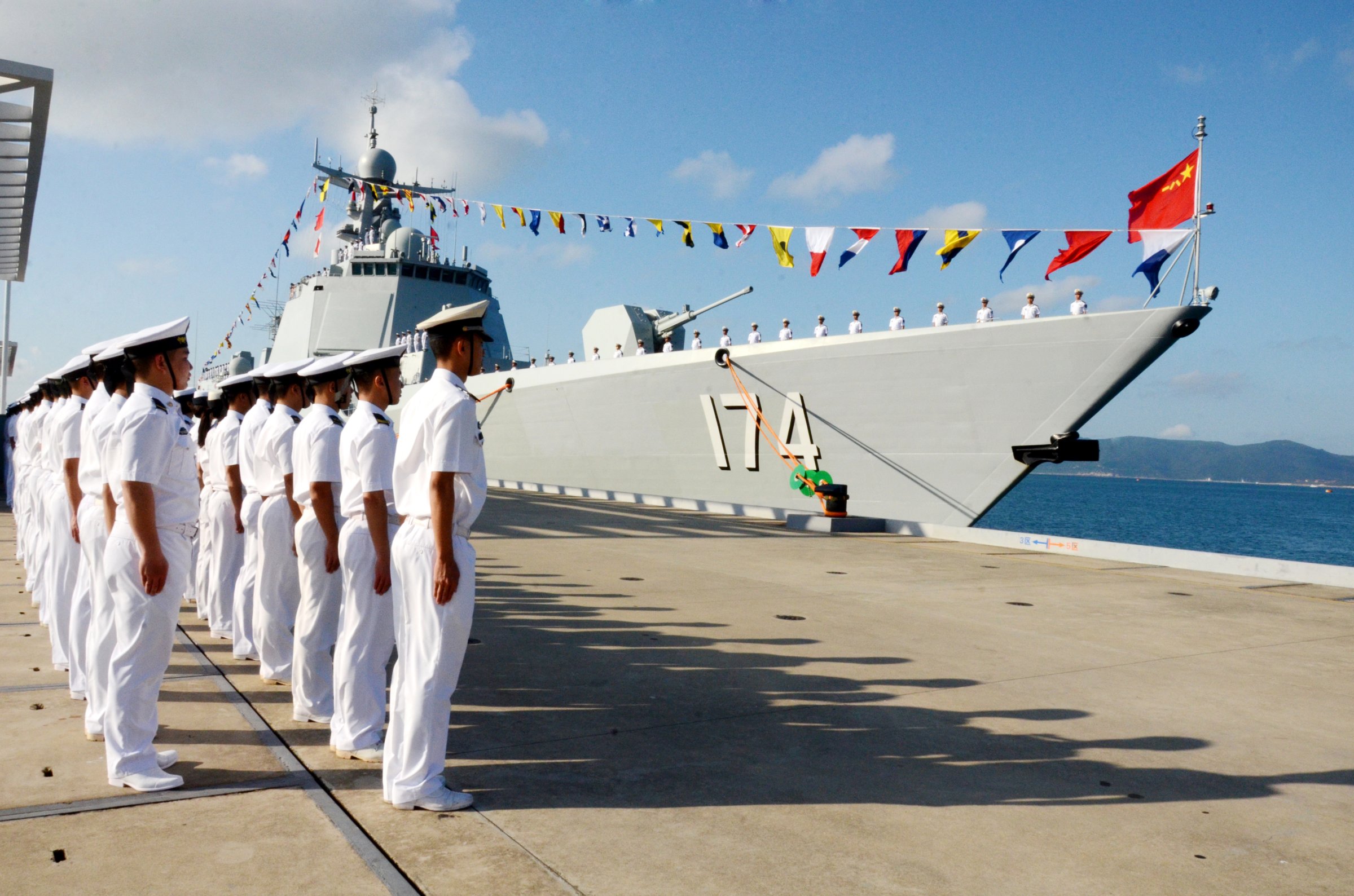
A great power refuses to play by international rules, declining to ratify a major U.N. convention to which more than 160 other countries are party. After years of complaints, the nation convinces the U.N. to tweak the treaty to many of its specifications. Yet even after those amendments, the great power’s legislature prioritizes protectionist sentiment over respect for global rule of law.
This renegade country, though, is not China, which has come under fire for saying it will flout an upcoming U.N. court decision on its territorial claims in the South China Sea. Instead, the longtime outlier is the U.S., one of the most vocal countries urging China to hew to the international order.
In 1982, after around a decade of wrangling, the U.N. hammered out a framework to guide global maritime affairs and ensure freedom of navigation. Called the U.N. Convention on the Law of the Seas (UNCLOS), the treaty covers everything from the rules of maritime commerce to the ways in which resource-rich seabeds can be divvied up between nations. In certain cases, international courts like the Permanent Court of Arbitration in the Hague, can rule in maritime disputes.
On July 12, that judicial body will decide on a lawsuit lodged in 2013 by the Philippines, one of six governments that claim territory in the contested South China Sea. At stake is whether Chinese-controlled rocks and reefs — many of which have been turned over the past couple years into military outposts through extensive reclamation — are eligible for so-called exclusive economic zones (EEZs) in the surrounding sea. These zones, which are defined by UNCLOS and can extend up to 200 nautical miles, give governments the right to all natural resources found in those waters. For all of Beijing’s dredging in the South China Sea, if the court rules that the atolls under Chinese control are not naturally formed islands fit for human habitation or economic life, China will lose international legal claim over much of the contested waterway.
Many legal experts expect the court to rule at least partly in favor of the Philippines. Yet China says it won’t abide by the Permanent Court of Arbitration’s ruling nor does Beijing even accept the U.N. tribunal’s authority over its South China Sea claims. Last month, Chinese Foreign Ministry spokesman Hong Lei reiterated China’s official position. “I again stress that the arbitration court has no jurisdiction in the case,” he said. “China does not accept any dispute resolution from a third party and does not accept any dispute resolution forced on China.”
But first back to history. Shortly after UNCLOS was unveiled in 1982, U.S. President Ronald Reagan refused to sign what was touted as the “constitution of the sea,” claiming the convention undermined U.S. sovereignty. In 1994, after UNCLOS was revised to take into consideration American worries about losing control of valuable underwater oil and natural-gas deposits, U.S. President Bill Clinton signed an updated UNCLOS agreement, although not the entire treaty. Yet even though multiple presidential Administrations — both Democrat and Republican — have since supported the convention, Republicans in the U.S. Senate have routinely scuttled efforts to ratify UNCLOS. Meanwhile, even landlocked countries like Mongolia, Burkina Faso and Bolivia have signed on to the treaty.
Washington’s outsider position undercuts its message as it urges China to respect global maritime norms. After all, China ratified UNCLOS in 1996, even if Beijing now says it rejects any judgment by the Permanent Court of Arbitration. In a speech in Washington earlier this month, retired Chinese top diplomat Dai Bingguo accused the U.S. of “heavy-handed intervention” in the South China Sea. “Accidents could happen,” said the still influential Chinese Communist Party official, “and the South China Sea might sink into chaos and so might the entirety of Asia.” Still, even as Beijing has launched a public-relations blitz ahead of the July 12 ruling, Chinese state media and diplomatic statements have not highlighted America’s AWOL status in UNCLOS. Perhaps critiquing the U.S. absence is harder when China itself is distancing itself from one of the treaty’s utilized tribunals.
It’s true that even if Congress hasn’t ratified UNCLOS, the U.S. Navy, which is the world’s largest, adheres to its principles. American top brass openly support U.S. ratification. “I think that in the 21st century our moral standing is affected by the fact that we are not a signatory to UNCLOS,” said Admiral Harry Harris, head of the U.S. Pacific Command, in testimony to the House Armed Services Committee earlier this year.
In a June speech at the U.S. Air Force Academy, U.S. President Barack Obama urged Congress to move ahead on UNCLOS. “If we’re truly concerned about China’s actions in the South China Sea,” he said in his commencement address, “the Senate should help strengthen our case by approving the Law of the Sea convention, as our military leaders have urged.” But ratifying the convention will require a two-thirds majority in the Senate, an all but impossibility particularly in this contentious election year. The U.S. Navy will continue to ply the high seas, acting as the world’s oceanic policeman by engaging in freedom-of-navigation exercises to ensure open trade routes. But American hypocrisy when it comes to maritime rule of law looks likely to endure.
More Must-Reads from TIME
- Donald Trump Is TIME's 2024 Person of the Year
- TIME’s Top 10 Photos of 2024
- Why Gen Z Is Drinking Less
- The Best Movies About Cooking
- Why Is Anxiety Worse at Night?
- A Head-to-Toe Guide to Treating Dry Skin
- Why Street Cats Are Taking Over Urban Neighborhoods
- Column: Jimmy Carter’s Global Legacy Was Moral Clarity
Contact us at letters@time.com